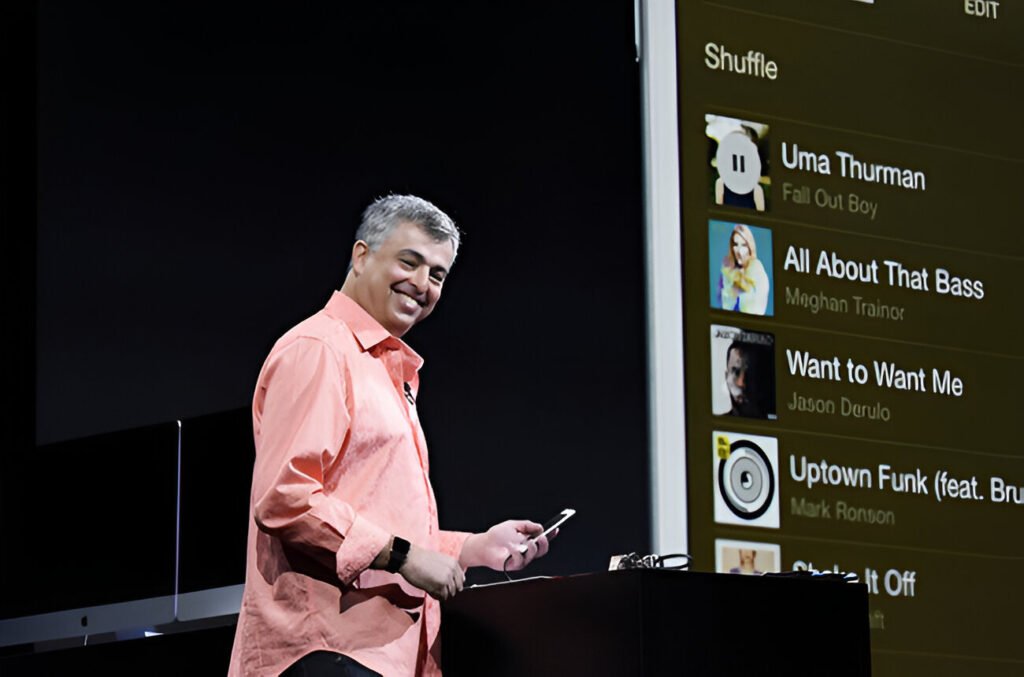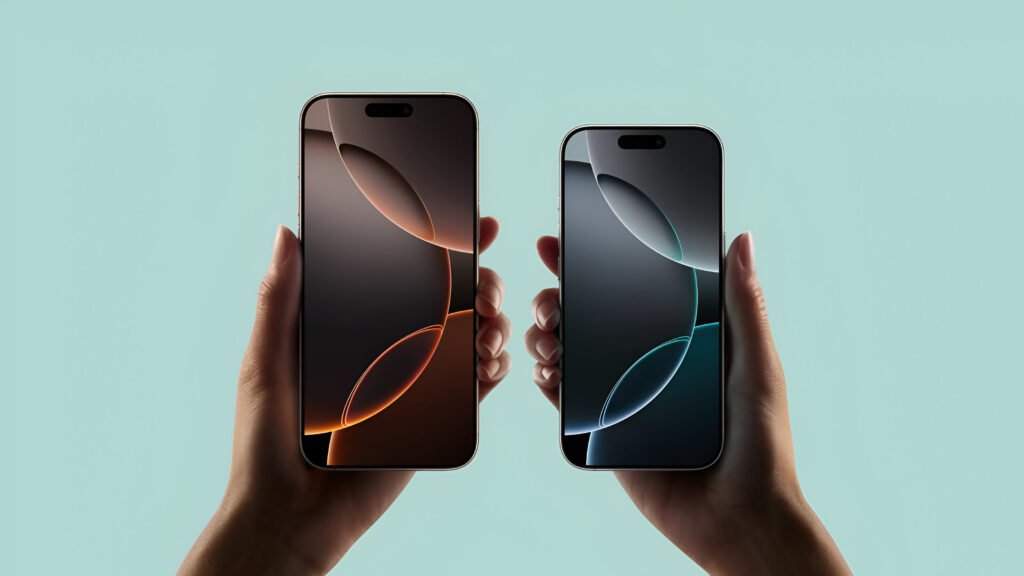
In a stunning revelation that sent Google’s stock plummeting 7.5%, Apple’s services chief Eddy Cue testified that artificial intelligence could make its smartphones obsolete within a decade and potentially destroy Google’s search business model. This testimony came during the ongoing Google antitrust remedies trial, raising profound questions about the future of technology and our digital lives.
Google’s Antitrust Nightmare Gets Even Worse
So remember when the Justice Department won that massive antitrust case against Google last year? Well, now they’re figuring out exactly how to punish the search giant, and the remedies trial is where all the dirty laundry gets aired out.
The courtroom drama took an unexpected turn when Apple’s Eddy Cue took the stand. Instead of just addressing Google’s alleged monopolistic practices, Cue ended up painting a future where the entire search industry—Google’s bread and butter—might become obsolete.
I’ve followed tech lawsuits for years, but rarely does testimony cause such immediate market chaos. Google’s stock took its biggest nosedive in recent memory, shedding 7.5% in a single day. When a tech executive from Apple speaks, Wall Street definitely listens.
The $20 Billion Handshake Under Scrutiny
Here’s where things get juicy. The trial has exposed details about the mind-boggling deal between Apple and Google—where Google allegedly pays between $18 and $20 billion annually to remain the default search engine on Safari browsers.
That’s right. Every time you open Safari on your iPhone and search something, Google is paying Apple handsomely for the privilege. The Justice Department sees this arrangement as the cornerstone of Google’s monopoly, effectively blocking competitors from gaining meaningful market share.
“The Google search deal is immensely important to Apple,” Cue admitted during his testimony. “We believe it delivers the best experience to our customers.”
But let’s be real—$20 billion would be “immensely important” to any company, even one sitting on Apple’s enormous cash reserves.
AI Could Obliterate Google’s Search Business
The most explosive part of Cue’s testimony wasn’t about the past—it was about the future. He suggested that AI-powered search engines are poised to completely upend traditional keyword-based search as we know it.
“The traditional search business that exists today is going to go away,” Cue stated plainly. “It’s going to be replaced by AI.”

Think about that for a second. Google processes over 8.5 billion searches per day—it’s the company’s golden goose. If AI radically transforms how we find information online, Google’s entire business model could collapse faster than my motivation to hit the gym after New Year’s.
Cue explained that instead of typing keywords into a search box, users might simply ask questions to AI assistants that would deliver specific answers rather than pages of links. If that happens, Google’s ad-supported search business—the thing that made them one of the world’s most valuable companies—could become obsolete overnight.
Smartphones Going the Way of the Dinosaur?
Just when I thought Cue couldn’t drop any bigger bombshells, he casually suggested that smartphones themselves might be headed for extinction.
“I doubt very much whether in 10 years from now, we’ll be using phones the way we’re using them today,” Cue testified. “In fact, I’m pretty convinced we won’t.”
Hold up—did Apple’s own executive just predict the death of the iPhone, the product that generates roughly half of Apple’s revenue? That’s like the CEO of Coca-Cola saying people might not be drinking soda in ten years.
Cue envisions a future where we interact with technology in completely different ways. Maybe through AR glasses? Brain implants? Who knows? But his testimony suggests even Apple is preparing for life after smartphones, which is exciting to say the least.
What This Means for the Future of Tech
Look, predicting tech’s future is a fool’s game—remember when everyone thought Google Glass was going to change the world? But Cue’s testimony offers rare insight into how Apple’s leadership is thinking about the AI revolution.
The implications are massive. If Google’s search business model collapses, how will we find information online? If smartphones become obsolete, what devices will we use instead? And most importantly, how will these changes affect ordinary users?
I can’t help but wonder if this is partly why Apple has been relatively quiet in the AI race. Maybe they’re playing a longer game, preparing for a post-smartphone, post-search engine world.
One thing’s for sure—the tech landscape ten years from now might be unrecognizable compared to today. And the ongoing legal battle between Google and the Justice Department might end up being just a footnote in the larger story of how AI completely transformed our digital lives.
The irony isn’t lost on me that Google, a company that rose to dominance by disrupting older tech giants, now faces disruption itself. As they say, live by innovation, die by innovation.
In the meantime, let’s keep using our iPhones and Google search—at least until AI decides they’re both relics of a bygone era.







